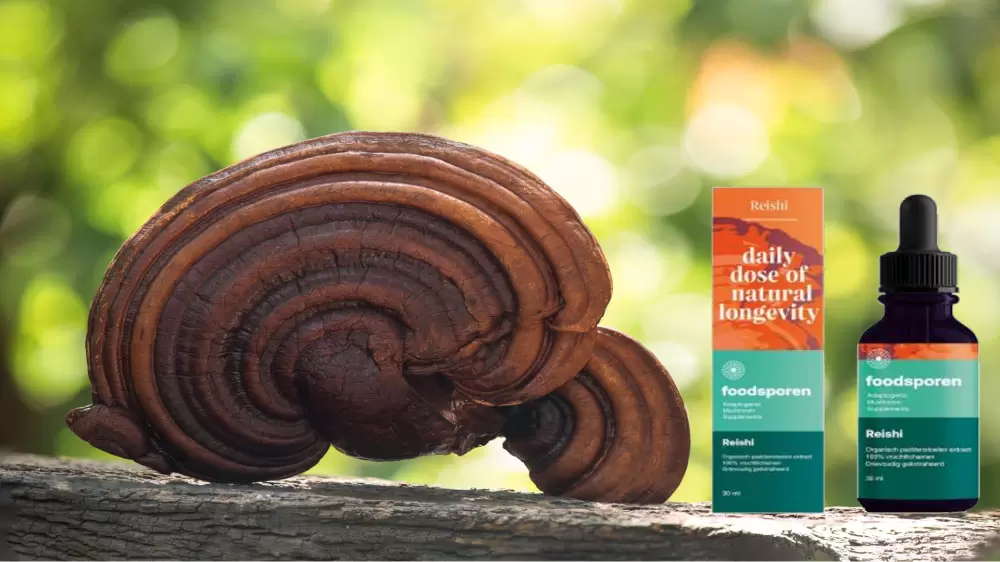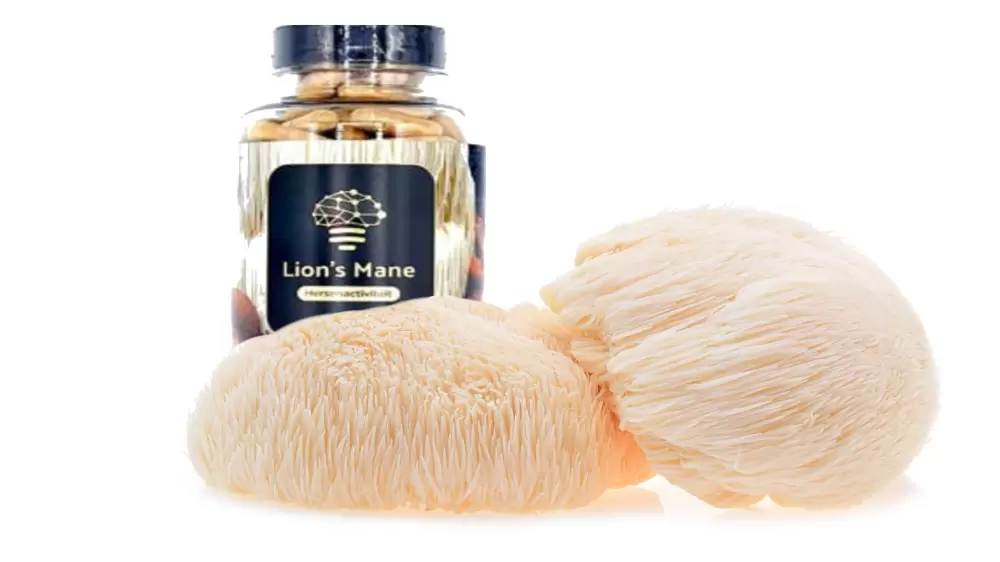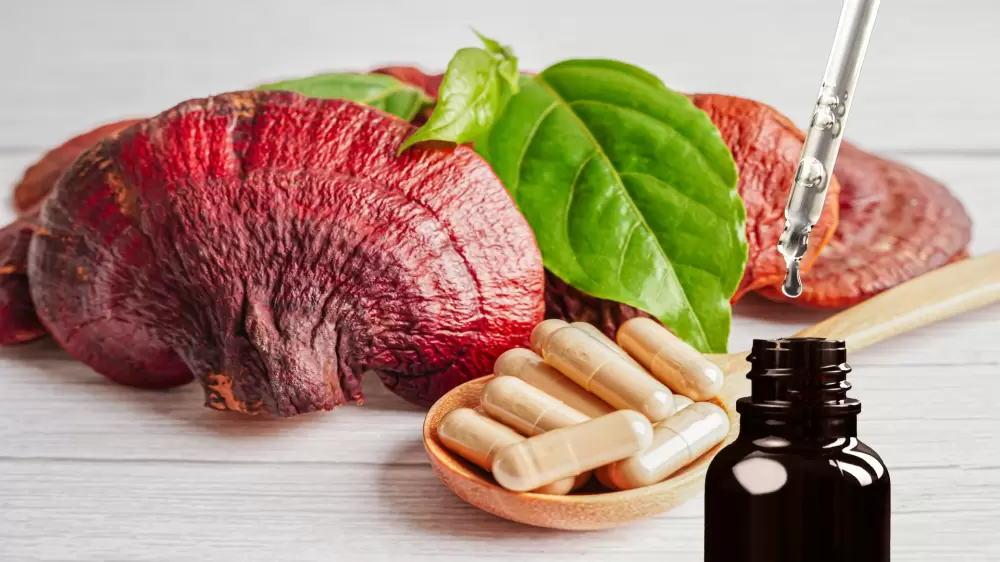WHAT'S THE DIFFERENCE BETWEEN A TINCTURE AND AN EXTRACT?

Today, we increasingly opt for natural products and solutions when we suffer from a flu or other ailment. And that is not surprising, because nature does a person good, both physically and mentally. Get a breath of fresh air in nature to relax or to clear your head completely. If you are, like us, convinced that nature can work wonders, then you may have already come into contact with tinctures and extracts. Natural products that provide many benefits for human health. But what exactly are these products, and what is the difference between a tincture and an extract? In this article, we tell you all about it!
What is a tincture?
A tincture is an alcoholic solution of a herb or a mix of herbs. These herbs are extracted from plants, plant parts, plant roots, leaves, resins, flowers and even the seed. All valuable substances are produced by infusing them in a mixture of water and pure, natural alcohol.
The active substances in the herbs are absorbed by the liquid (the water and the alcohol). Once the herbs are well absorbed into the liquid, the mixture is strained. And so a liquid, natural and powerful tincture is created.

How do you use a tincture?
Tinctures are mainly used in plant and herbal medicine, also referred to as Phytotherapy. This is a medicine in which herbal medicines are used for health. They are also used in cosmetics, food supplements and various drinks. There are also tinctures that contain medicinal mushrooms. These tinctures are not used in medicine, but can be a very good addition to a healthy diet.
A big advantage of tinctures is that they work very quickly, and that makes them very popular. Furthermore, they are easy to use, and because it can be used in drop form, you can easily take it and determine the amount as desired.
Tincture dosage
The dosage of a tincture is always indicated in drops. For example, 10 drops daily or 20 drops twice a day. For your imaging: a teaspoon contains about 40 drops. So it sounds like a lot, but this is not so bad. Use the tincture diluted in water or in a tasty herbal tea. And preferably take just before, after or during a meal.
What is an extract?
An extract, like a tincture, is an alcoholic solution of an herb or a mixture of herbs. There is only one big difference between the two: a tincture contains alcohol and an extract does not. The herbs in the extract are extracted from mushrooms, fungi, plants, parts of plants and even from the flower and seed of the plant. Just like with a tincture, all valuable substances are produced in a liquid, but with an extract without alcohol.
The active ingredients of the herbs dissolve in the liquid and are removed from the plant material in this way. The liquid that remains is called an extract. An extract can also be dammed up to a dry substance and processed into a supplement. Known extracts of plant material that have been processed into dry matter are the Kratom extract, Kanna extract and the Wild Dagga extract.
The label of an extract often states which plant or parts thereof have been used. You often also see a ratio of the plant material and extraction liquid. An extract with a ratio of 4:1 means that 4 parts of a plant were used to get 1 part extract.

How do you use an extract?
An extract, like a tincture, is widely used in herbal medicine (phytotherapy). The extracts are used to improve the health of patients. There are also many extracts available containing medicinal mushrooms. Think of the Reishi, Chaga or Lion's Mane mushroom. As a consumer, you can use the extracts of these mushrooms as a supplement to your health. They have an antioxidant, antitumor and antiviral effect. They support your immune system and give you new, natural energy.
Dosage extract
The dosage of an extract works the same as with a tincture, and is always indicated in drops. Often 10 to 40 drops per day; one teaspoon contains about 40 drops. You can also dilute the extract with water or an herbal tea. Always stick to the recommended dose (or less) and preferably take it at times when you eat.
Are you using an extract that has been processed into dry matter? Then the dosage is indicated in grams. When you make a tea from the extract, you can add 0.5 to 1 gram of the extract to 150 ml of boiling water.
The difference between a tincture and an extract
We have already briefly mentioned it in this article, but the biggest difference between a tincture and an extract is that alcohol is used in a tincture. If we are talking about an extract, then there is no alcohol in it. This has to do with the extraction process. The herbs in an extract are manufactured in a solvent without alcohol. In a tincture, a pure and natural alcohol has been added to the solvent.
Tinctures and extracts vs pills and capsules
Tinctures and extracts work quickly because they are a solvent that your body can absorb quickly. Manufacturers even say that the spices or medicinal mushrooms that are processed in these liquid agents, work more effectively than pills or capsules. Not only because your body can absorb them faster, but also because the ratios of extracts and tinctures are stronger. They often have a ratio of 5:1 or more. And as we learned in this article, this means that 5 parts of the herb or mushroom were used to get one part extract.

Conclusion: difference between tincture and extract
Okay, last but not least the most important thing for you: an extract is an solution of herbs without alcohol. It contains all the valuable substances from a herb or medicinal mushroom. When alcohol is added during the extraction process, we speak of a tincture.
Tinctures therefore contain alcohol, extracts do not. However, the effect of both is the same: they have an antioxidant, antitumor and antiviral effect. They are good for your immune system and for your overall health. Reason enough to give them a try or add them to your daily diet!

















